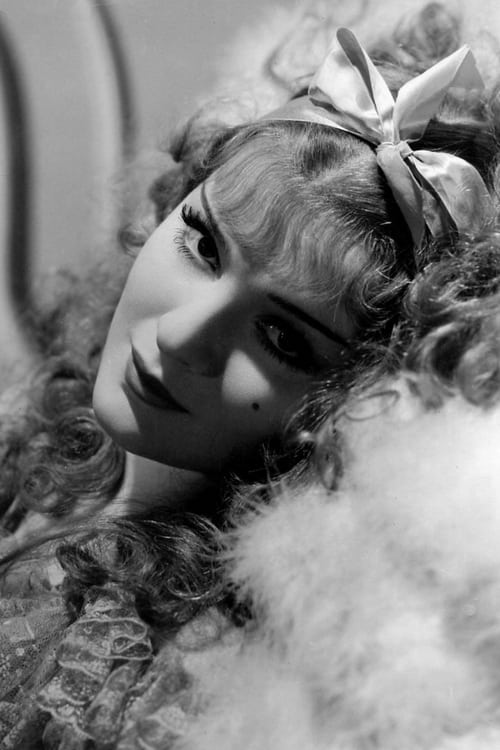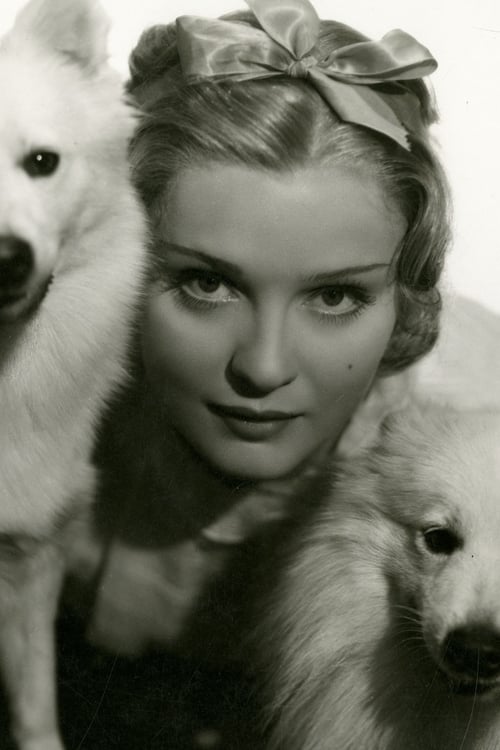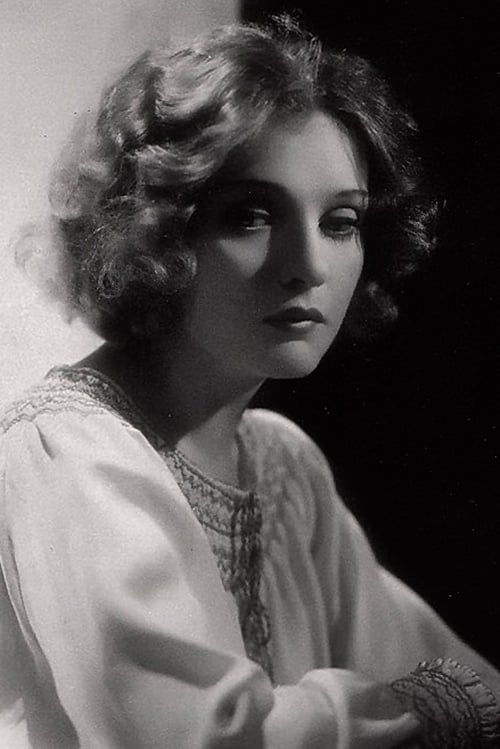Anna Sten
Birth : 1908-12-03,
Death : 1993-11-12
History
Anna Sten (Russian: А́нна Стэн; born Anna Petrovna Fesak, December 3, 1908 – November 12, 1993) was a Russian-born American actress. She began her career in stage plays and films in the Soviet Union before traveling to Germany, where she starred in several films. Her performances were noticed by film producer Samuel Goldwyn, who brought her to the United States with the aim of creating a new screen personality to rival Greta Garbo. After a few unsuccessful films, Goldwyn released her from her contract. She continued to act occasionally until her final film appearance in 1962.

Sister Mary Joseph
A weary sergeant in Korea commands military prisoners on a dangerous mission and is joined by a nun and a group of schoolgirls in enemy territory.

Ruth Barton
Three teenagers with troubled families are unable to adjust at home and in high-school. Tempted with an easy, carefree life they soon pass from misdemeanors into serious crime - and will suffer for it. Sometimes, repentance comes too late.
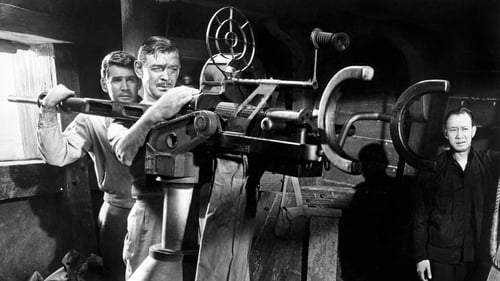
Madame Dupree
An American woman arrives in Hong Kong to unravel the mystery of her missing photographer husband. After getting nowhere with the authorities, she is led by some underground characters to an American soldier of fortune working in the area against the Communists. He promises to help find her husband.
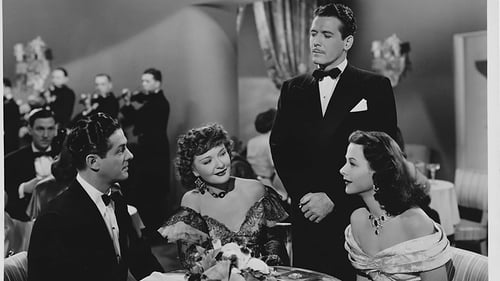
Michele Bennett
A harried, overworked advertising executive is being pursued romantically by one of his clients, a successful perfume magnate ... and his former fiancée. The latest client of the agency is a psychiatrist and author of a new book. When the executive goes over to discuss the ad campaign, the psychiatrist turns out to be a woman. But what does he really need? Romance? Or analysis?
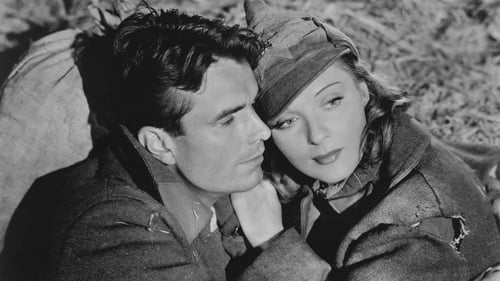
Natasha
Another of a wartime cycle of Hollywood films lauding the praises of America's Soviet allies, Three Russian Girls is a remake of Russia's The Girl From Stalingrad. Set just after the Nazi invasion of the Soviet Union in 1941, the film stars Anna Sten as Natasha, a Red Cross volunteer who is dispatched to a field hospital located in an old pre-revolution mansion. American test pilot John Hill (Kent Smith), who'd been in Russia on a goodwill mission, is wounded in battle and brought to the hospital. As he slowly recovers from his wounds, Hill falls in love with Natasha. A last-act crisis develops when the hospital personnel are forced to move immediately to Leningrad as the Nazis advance.
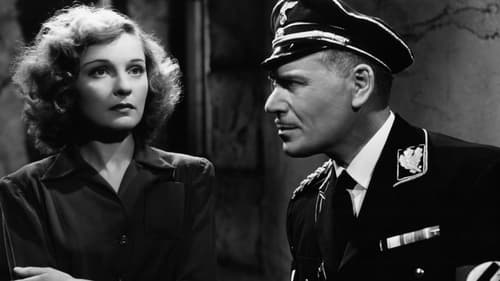
Frau Reiter
Based on a true incident that occurred in 1942 when nine Nazi saboteurs were put ashore on the coast of Long Island, New York, by submarine, with orders to blow up various defense installations.
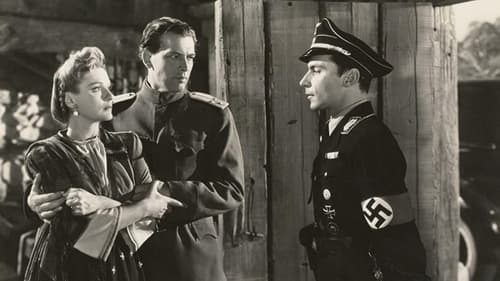
Lubitca Mihailovitch
Subtitled The Fighting Guerillas, Chetniks tells the story of Yugoslavian guerilla fighter General Draja Mihailovitch. Based on the General's own memoirs, the film depicts Mihailovitch (played here by Philip Dorn) as a selfless idealist, leading his resistance troops, known as the Chetniks, on one raid after another against the Germans during WW II.

Lilo
An anti-Nazi on the run and a young Jewish couple race across Europe trying to escape Hitler's ever powerful influence.

(archive footage)
A Nazi propaganda film made to promote anti-Semitism among the German people. Newly-shot footage of Jewish neighborhoods in recently-conquered Poland is combined with preexisting film clips and stills to defame the religion and advance Hitler's slurs that its adherents were plotting to undermine European civilization.
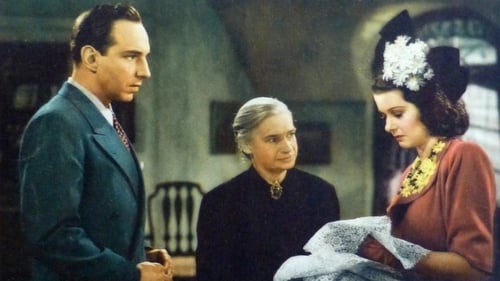
Fredia
An American vacations in Europe with her husband and watches him turn into a Nazi.

Nadine Nikolas
A San Francisco reporter and a lab assistant foil spies on an East-bound deportation train.

Maria Krasnova aka Maria Novikova
An officer becomes entangled in a love affair with a woman who works as a maid.
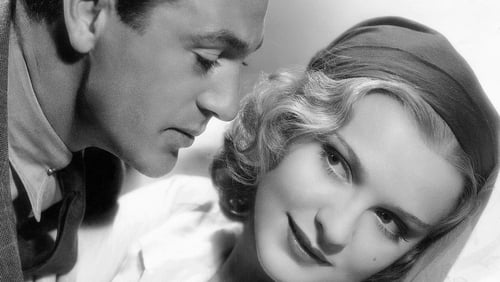
Manya Novak
While working on a novel in his country home in Connecticut, married writer Tony Barrett (Cooper) becomes attracted to Manya (Sten), the daughter of a neighboring farmer. Manya is unhappily engaged to Frederik (Bellamy). Due to a snowstorm, Tony and Manya are trapped together in his house overnight. The next day, Manya's father insists her wedding to Frederik take place in spite of Manya's misgivings. Drunkenness and jealousy result in tragedy at the wedding reception that night.
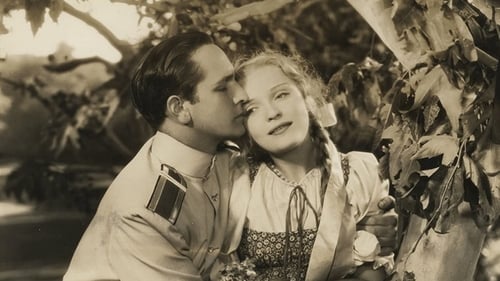
Katusha Maslova
Nekhludoff, a Russian nobleman serving on a jury, discovers that the young girl on trial, Katusha, is someone he once seduced and abandoned and that he himself bears responsibility for reducing her to crime. He sets out to redeem her and himself in the process.
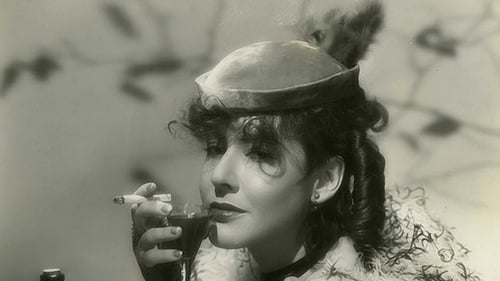
Nana
Young Parisian Nana wards off of a boozed-up military officer at a local restaurant, and fellow diner Gaston Greiner is so impressed with her pluck that he decides to make her a performer at his musical theater. Soon, Nana is a star, and the girlfriend of Greiner and two other men. But when he learns that she's been getting around, Greiner fires her. As she tries to reclaim her singing job while dodging yet another suitor, her treachery might get the better of her.
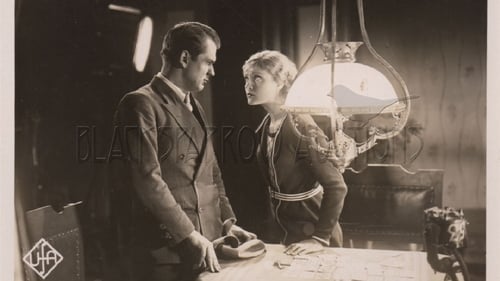
Russen-Annya
Two inspiration sources appear clearly: contemporary American gangster movies and Alfred Döblin’s novel Berlin Alexanderplatz (1929).
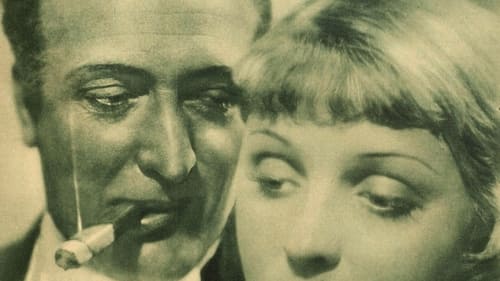
Königin von Pontenero Yola I
The captain of a battleship of a small Balkan country is fed up with following strange orders from the country's queen.

Marina
Robby and Jim are two friends working in a circus. When Marina, a new acrobat, enters the show, both men will compete for her love. She needs a partner for a flying number, and one of them will be elected. Then accidents will happen.

Gruschenka
Suspicion surrounds a lieutenant for killing his father; based on Dostoevsky's novel.

Lene, Kremkes ältere Tochter
In this realistic, unsentimental portrait of Germany’s dire economic situation, a middle-aged payroll clerk loses his job due to technological advances and, unable to find another, descends into despair. The film’s director, Marie Harder, was one of only a few women directors of the time and was also the head of the German Social Democratic Film Office. She made only two known films before her accidental death in exile in Mexico in 1936.

Directed by Yevgeni Chervyakov.

The film is set in France during World War I. Bachelet's father and son are members of the French army . After the death of Bachelet Jr., he is called a national hero, actively using the fact of his death in the election campaign to fight communism. At the time of the opening of the monument in his honor, the hero himself appears, having returned to his homeland. It turns out that Bashlet Jr. was actually only shell-shocked, not killed. He uses the current situation to call on the audience to stop the imperialist war. This is followed by his arrest and charges of imposture.

The film is based on The Governor, a play by Leonid Andreyev. V.I. Kachalov plays the governor of a small Russian province who tries to treat the people under his authority with kindness and equanimity. But when a local factory goes on strike, the governor buckles under to pressure from the Tzar and orders the wholesale slaughter of the strikers. He pays for this betrayal of his trust with his life -- at the hands of a courageous Bolshevik spy.

A man discovers that he's not the father of his wife's baby.

Maria, young farmer's wife
Jacob, a farmer, returns from the war to his wife Marie and begs the landlord baron for a plot of land to rent. The Baron grants the request, but only for a barren, rocky, useless acreage. The pair struggle to make do on this land, but then the Baron demands that Maria leave her husband to serve as wet nurse to his married daughter Anya's new baby, on threat of eviction. While nursing the daughter's baby, Maria receives unwelcome attentions from the daughter's husband, and a scandal erupts, ruining Maria in her husband's eyes. When she escapes from her employers and seeks to return home, the police give her the yellow passport signifying a prostitute, further degrading her. She approaches home, unsure of the reception that awaits her.

Natasha
Young and beautiful girl, lives near Moscow, earning a making hats for the fashion store in Moscow. Due to the requirements of the Soviet government on standards of living space, the store owner has to prescribe it fictitiously in his apartment. But on the train she meets a young boy, and the housing problem changes their lives.
